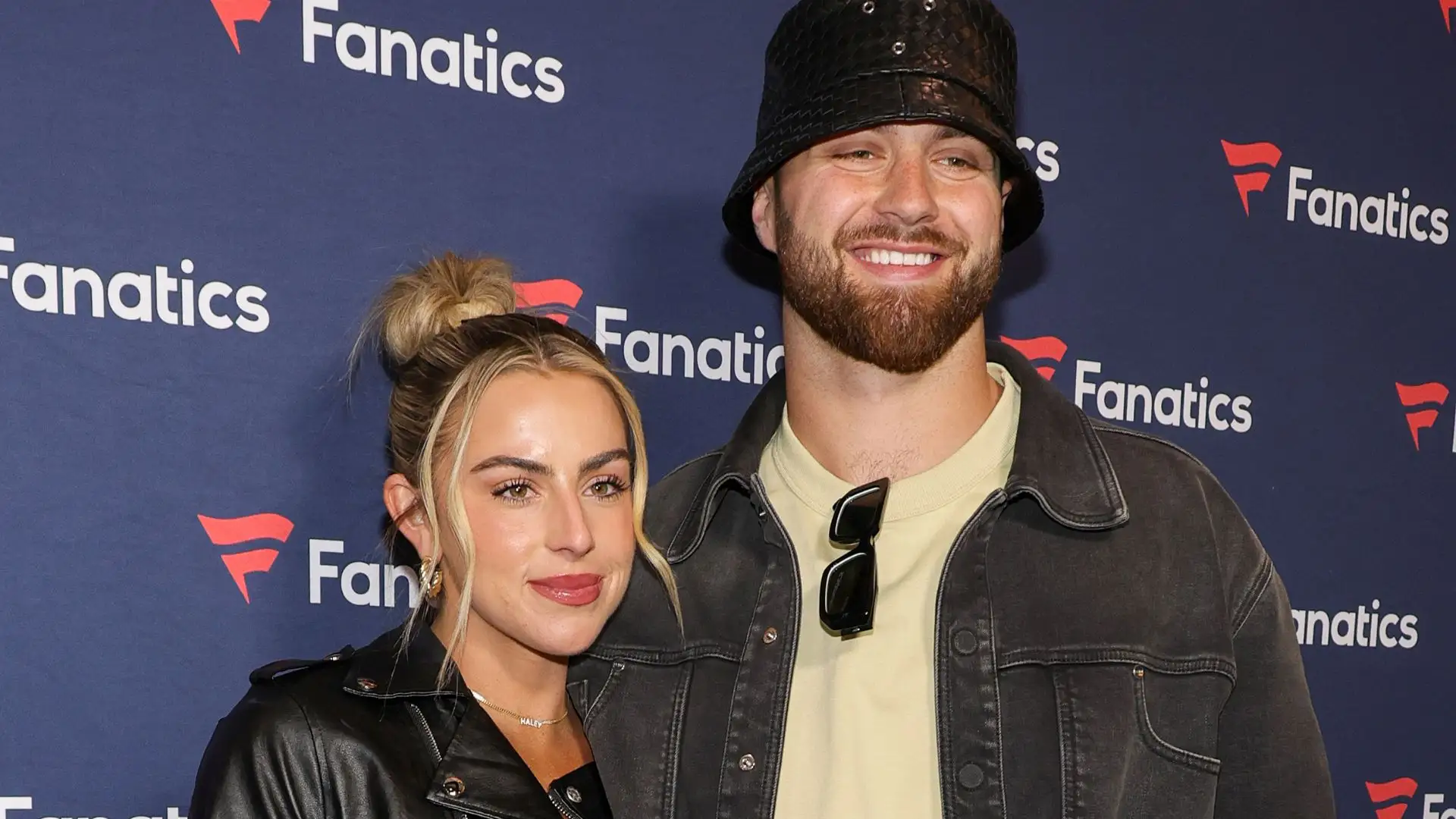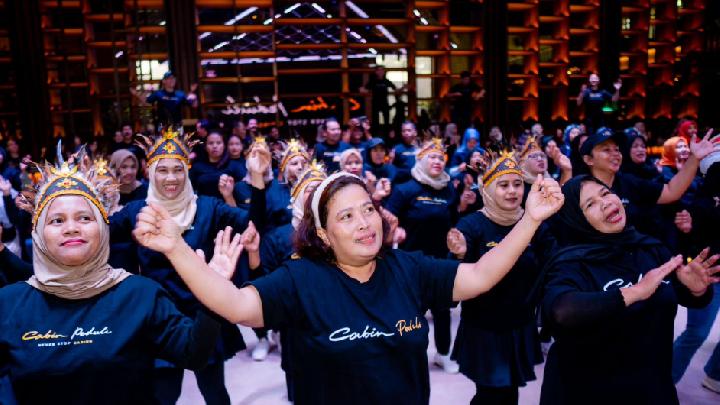Copyright Forbes

Future-proofing is a newly packaged dating trend that, interestingly, focuses on the values one would typically view as “old fashioned:” long-term compatibility, shared values, a shared vision for your life together, shared goals for your future and, most importantly, choosing emotional security over doomed-to-fail situationships. People who swear by the trend share the notion that chemistry can only last for the first few dates, and emotional maturity, consistency and shared values can sustain you through long-term challenges (like mortgages, career pivots and whatever else life may throw at). The core philosophy of the trend is building a romantic relationship with intention instead of going with the flow and hoping for the best. Dating Someone Who ‘Sees The Vision’ The Bumble 2025 Dating Trends Report explains how the trend of future-proofing might be a reaction to feeling increasingly uncertain about the future. The report indicates that 95% of singles claim their future concerns (including finances, job security, housing, etc.) are shaping their dating behavior and choice of partners. To most people, especially women, emotional stability is no longer a nice-to-have; it’s a non-negotiable. Around 59% of women today, according to the report, desire someone emotionally stable and reliable, who knows what they want in their life. Almost a quarter (around 27%) of women are inclined to have big-picture conversations concerning goals, values and emotional needs as early as possible, as opposed to later stages of the relationship. “It’s easier to enjoy the dating experience when you know you’re on the same page about what’s ahead,” outlines the report. MORE FOR YOU Based on the experience of more than 40,000 Gen Z and millennial users around the world, the report indicates that people have high hopes of finding partners that feel truly aligned with them. If you too are interested in testing out the future-proofing philosophy of dating, here are three considerations you should make when choosing your next partner. 1. Consistency Consistency is probably the first and most obvious characteristic that can distinguish sustainable relationships from flash-in-the-pan situationships. This, of course, does not imply that a potential romantic partner needs to be predictable to the point of being boring. The expectation is that their actions will always align with their words, regardless of the situation or their mood. A 2021 study published in Frontiers in Psychology revealed that struggling to regulate our emotions had a close connection with lower relationship satisfaction and worse dyadic adjustment. The researchers observed that partners who were unable to recognize, communicate and handle their emotions experienced more relational instability. In contrast, couples who were able to co-regulate emotions — those who reacted emotionally to their partners with empathy and consistency — reported greater harmony and trust. Signs of inconsistency in a romantic partner include hot-and-cold behavior, breaking promises and extreme personality changes based on social setting. When a person acts alluring in public but aloof in private, or is happy about their relationship one week, and entirely hopeless the next, it’s a signal that their emotional terrain is not stable enough to sustain a relationship. Consistency is the groundwork for future-proofing because true relational stability cannot take root without it. Only when reliability is a rule, not an exception, can a relationship truly start to feel like it’s a safe space. 2. Stability Future-proofing means prioritizing stability over intensity. A stable partner does not equate to a perfect partner, who has everything figured out or has all the answers. Rather, it refers to someone who shows integrity of character and has the emotional resources needed to deal with failure without falling apart. A 2025 study that examined about 400 married people’s marital satisfaction described the two domains of stability as deeply significant in long-term commitment. These were namel shared values and emotional intimacy. What’s more noteworthy, however, is that the results frame stability as more than just a matter of finances or professional growth. Instead, stability in relationships is posited, first and foremost, as a product of stability in identity, moods and fundamental values. The research revealed that emotional intimacy demonstrated a particularly strong effect. Specifically, the results suggest that psychological stability — the capacity to remain emotionally present and responsive — may be even more important than financial stability. Stability is also reflected in the ways that a person copes with their stress. Are their coping strategies healthy, or do they veer into self-sabotage every so often? Are they able to preserve their identity in a relationship, or do they get buried under it? Stability is the emotional scaffolding without which the work future-proofing would be redundant. A couple can have an aligned vision today, and be on two different pages tomorrow. In such a scenario, the degree of stability in a relationship, primarily emotional, determines if there is even a future worth envisioning. 3. Alignment Alignment between partners defines the degree of compatibility in their core values, life goals and future visions. A 2023 study published in Personality and Individual Differences tested the impact of these compatibility preferences depending on the context of the relationship, love styles and gender. The researchers established that the participants not only desired mates who shared the same views, virtues and ways of life as them, but that they also wished for overlaps in more practical domains of the relationship life, like their dream place of residence. The study also noted that these inclinations were more pronounced in long-term relationship situations. Often, these kinds of preferences for similarity in relationships are a means for reducing friction in the thousands of small decisions couples make together over a lifetime. Because, all too often, alignment requires more than just wishful thinking and positive visualization; it also requires self-awareness. Before you can assess whether someone’s values match yours, you need clarity on what you actually value. Interestingly, the same study found that individuals’ approach to romantic relationships, or “love styles,” influenced the specific compatibility factors they prioritized. Those with a pragmatic love style (pragma) valued shared lifestyle and family goals, while those with a passionate love style (eros) emphasized emotional and romantic similarity. Together, these findings suggest that alignment begins with understanding your own relational patterns before expecting harmony with another. What makes a relationship future-proof isn’t luck; it’s flexibility. Couples who adapt, regulate and realign as life changes prove that security doesn’t come from what’s promised, but from how partners respond when promises are tested. The future always changes shape, but a relationship built on awareness and shared growth can bend with it without cracking.



